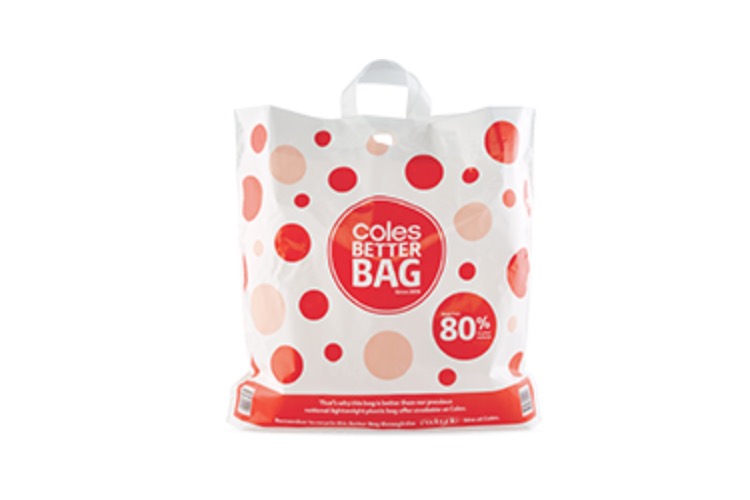Ban the Bag’s lessons for brands trying to change their customers’ behaviour
As supermarkets face consumer resistance to plastic bag bans, Inside Out PR’s Nicole Reaney looks at the lessons marketers can learn from Coles and Woolworths’ missteps.
Ban the bag was an initiative introduced by the two dominant supermarket brands mid-way last year to bring stores in NSW, Victoria and Western Australia in line with those in other states and territories where plastic bag bans have been legislated.
Since adoption of the ban, the supermarkets have continued to face frustrated consumers, considerable ‘bad press’ and negative sentiment towards the brands.



‘The chains have been seen to backflip on decisions, with Coles the latest to announce that it will continue to offer free bags.’
– Nothing to do with their average buying sizes reducing then…..?
Money talks – people are buying for the bag they carry or the ONE bag that they are prepared to buy. They don’t give a fck about their customers. They care about dollars.
Supermarkets exist to provide groceries and customer service.
They do not exist to finger-wag and lecture their customers about Green-Left ideologies. Coles has had an epiphany in rediscovering its core purpose: to serve the customer in the best way possible. Congratulations Coles. That’s one more nail on the Nanny State coffin.
I am a dedicated environmentalist but I agree with Mike. Part of shopping is taking the shopping home. Offer bags for free but STOP MAKING THEM OUT OF OIL! It’s quite easy really.
They haven’t lectured. They simply chose not to provide something for free. And people became little snowflakes about it. You know, like people who complain about the Nanny State.
Coles say their customers “need more time”?
Coles and Woollies introduced the $1 green bags in 2004. The bags weren’t hidden—they have always been boldly displayed; and I’ve been using them since they were introduced.
For me, it was never about the dolphins—I simply found green bags more convenient than the flimsy plastic ones.
It’s not just a supermarket habit either. In fact, I rarely get out of my car without taking a three-pack (two inside one) wherever I go; even if I never buy anything that day. It isn’t difficult.
Wake up, Coles.
I dare say Woolies is watching very closely for the repercussions of the piss weak backflip from Coles which in reality people in NSW are already very familiar with given the track record of our state government. The #BoycottColes hashtag is growing in momentum, something no brand wants to see.
Why is Coles any different from Woolworths regarding having irate customers. Does it mean that if you shop at Woolies all are happy with the ‘no bags anymore” policy? Don’t know why it is only Coles that seems to be copping the flak.
Google says it’s going to continue to update its own methods and
machine learning models against bad actors trying
to deceive consumers with programs that violate its own policies.